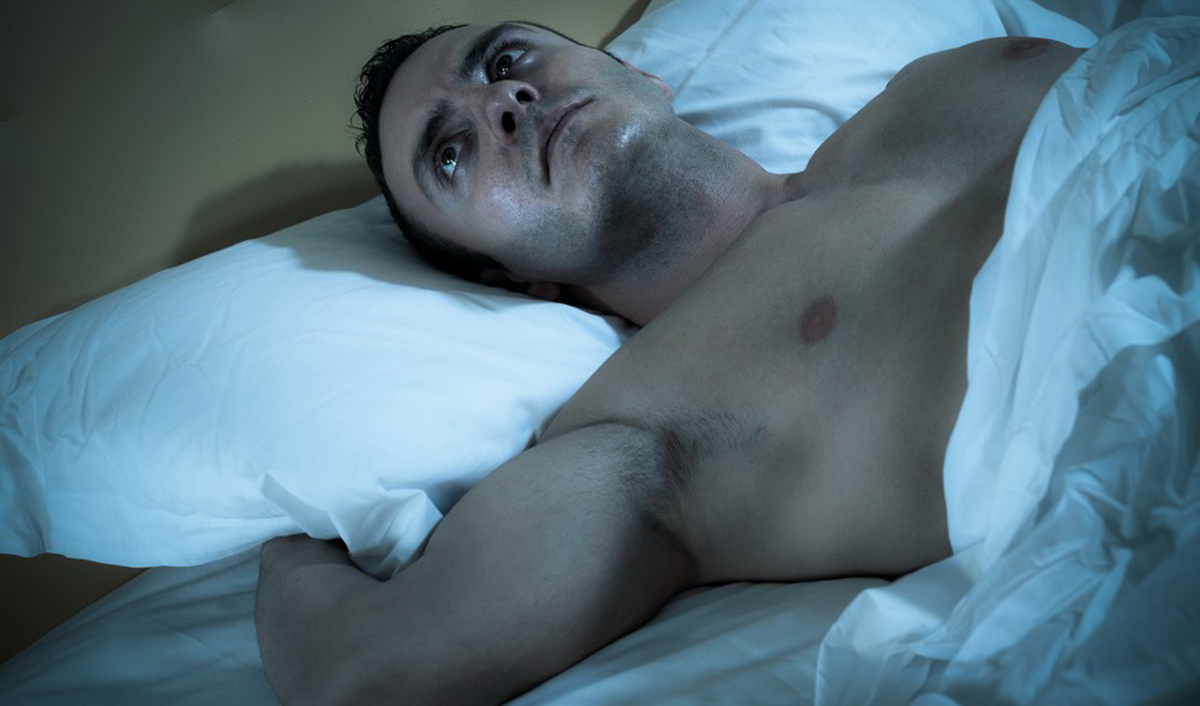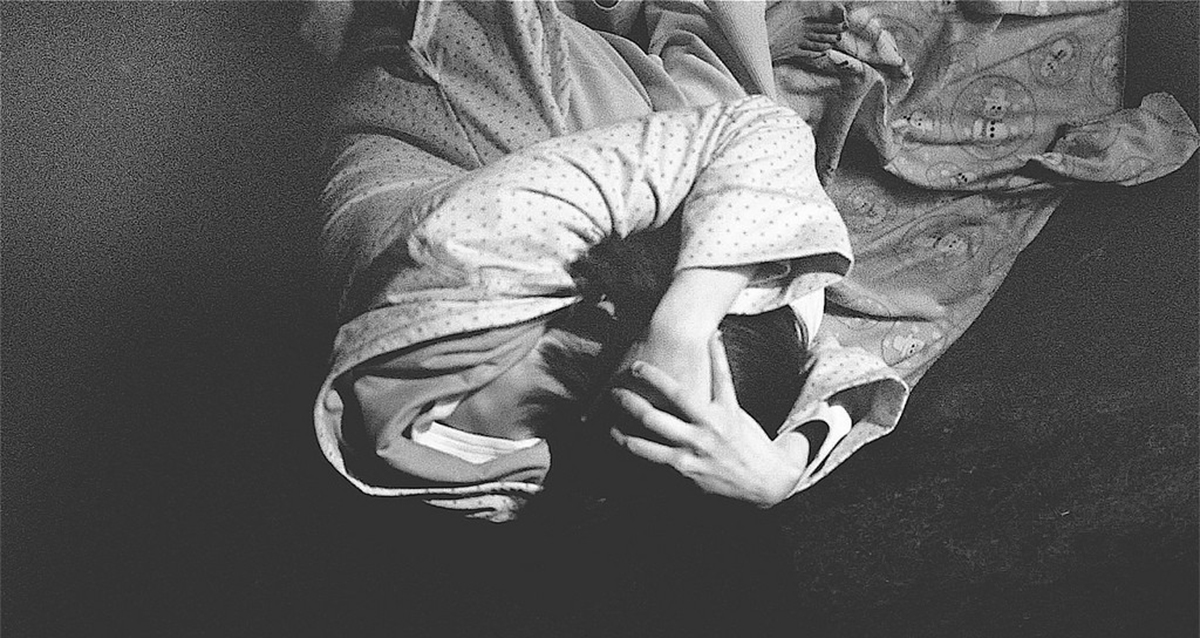It is bedtime, but my body does not care
Many people complain about not being able to sleep properly for days, or even weeks, and it may seem that insomnia is the only problem related to this vital activity, but sleep disorders go beyond it. Researchers from the University Paris Descartes conducted a survey of sleeping problems in the U.S., Western Europe and Japanese population. Results of this study indicated that 56% of the U.S. population, 31% of the population in Western Europe and 28% of the Japanese suffered from a sleep disorder, but only half of the people affected reported their problem and received treatment. So, even though sleep disorders are a major problem worldwide, they are most of the times under-reported and therefore, not treated.

Facing difficulties to get to sleep
There are more than 80 sleep disorders that have been identified by the International Classification of Sleep Disorders (ICSD); at the same time, these are classified in 8 main categories.
The first category is the insomnias. Have you ever experienced difficulty to fall asleep? Or do you wake up constantly during the night and feel all tired in the morning? These two symptoms are the ones that characterize insomnia.
Sometimes, insomnias do not have a specific cause or are a consequence of bad sleeping habits, like taking several naps during the day. These types of insomnias can either last a few days or for several months.
For example, people that suffer from a mental disorder or have a drug abuse problem usually have severe sleeping difficulties.
Snoring and sleeping more than you should
The second classification includes sleep disorders caused by breathing problems. Apnea is the main breathing problem that patients suffer from and that causes them to have poor quality sleep.
Usually, people with breathing difficulties snore quite a lot, because their airways are obstructed and air can flow normally through them, producing that horrible sound. Apart form being annoying, snoring is a sign of a breathing problem that should be taken care off, for the sake of the patient and the one that share his or her bed with.
Is sleeping more than 8 hours a day a problem? Yes, it is, and it is known as hypersomnia.
See Also: Narcolepsy, Sleep Disorder: Causes and Treatments
Narcolepsy is the most known illness of this group of sleep disorders, but there are many more. Narcoleptics tend to fall asleep anywhere at anytime due to the loss of neurons that regulate sleep cycles. They also experience what is known as cataplexy, which is the loss of muscle function.
More And More Sleep Disorders
As you read, you will realize that there are many "sleeping habits" that are actually considered to be sleep disorders by researchers and doctors. If you kick during the night or have bad dreams constantly, you might be also suffering from a sleep problem.

Jet-lag, nightmares and boxing sessions while you sleep
The fifth group comprises sleep disorders related to disturbances in circadian rhythms.
As weird as this sounds, this problem is real and a very good example of it is the jet-lag. When you travel and change time zones, you face sleepiness during the day and lack of sleep during the night, because your circadian rhythms have not adapted yet to the new time zone.
Night walking, talking o screaming while being asleep or even having hallucinations are classified as parasomnias.
When we fall asleep, the autonomic central nervous system switches off, but sometimes it can get suddenly reactivated, resulting in these types of problems, which manifest as movements, perceptions, emotions and dreaming.
There are also sleep disorders related to movement disturbance.
Cramps and bruxism, which is when you clench your teeth while you sleep, are also considered in this category.
Other facts about sleep disorders
Many sleep disorders are related to other mental diseases, including mood disorders, anxiety disorders, personality disorders and schizophrenia, just to name a few.
There are other alternatives to treat sleep disorders. Meditation and yoga, for example, can help release stress and have a better sleep. Exercise in general and a balanced diet also promote a healthy sleep. And of course, having a good pillow and mattress can also make the difference.
If you believe you have a sleep disorder it is advisable for you to consult a specialist. Almost 80% of the population suffer from transient insomnia, but most of the times it goes untreated, affecting the life of the patient in every aspect and making him or her prone to develop other health problems.
- LEGER, D., POURSAIN, B., NEUBAUER, D. & UCHIYAMA, M. 2008. An international survey of sleeping problems in the general population. Curr Med Res Opin, 24, 307-17
- PAGEL, J. F. & PARNES, B. L. 2001. Medications for the Treatment of Sleep Disorders: An Overview. Prim Care Companion J Clin Psychiatry, 3, 118-125
- THORPY, M. J. 2012. Classification of sleep disorders. Neurotherapeutics, 9, 687-701.
- Photo by shutterstock.com
- Photo courtesy of Alyssa L. Miller by Flickr : www.flickr.com/photos/alyssafilmmaker/3250804881


Your thoughts on this